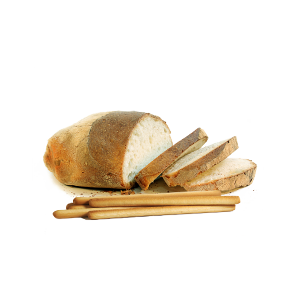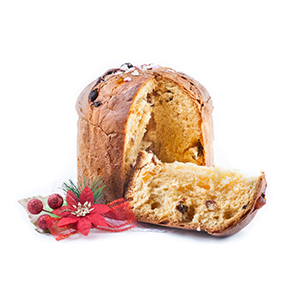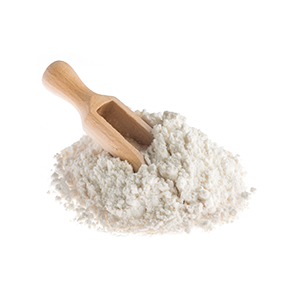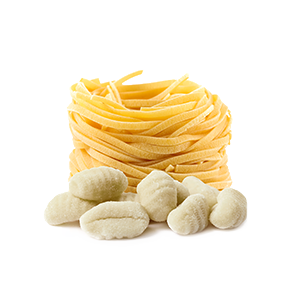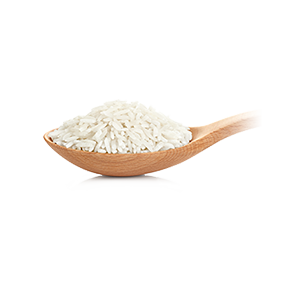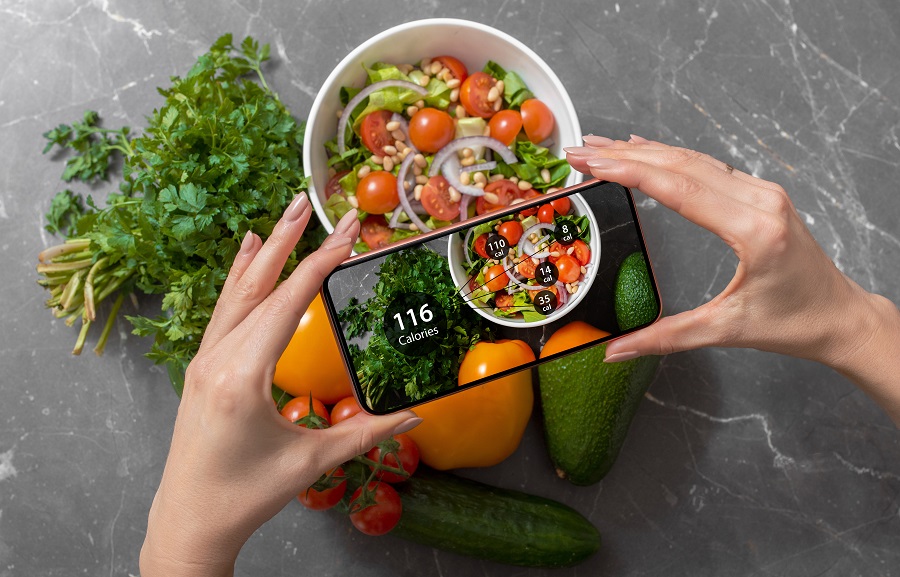Foods without preservatives: the benefits for the body
By now, you must have decided: the time has come to eat in a healthy and nutritious way. So, the first thing you need to do is learn how to choose foods free of preservatives… Such as? Read the label, of course! When you are shopping, pause for a few more minutes in front of the shelves, and take some time to read what is written on the back of the product packages, to make sure they are preservatives free. In addition, also take a look at the list of ingredients and be wary of phrases such as “ascorbic acid to improve color retention”.
Among the most common preservatives are nitrates, ascorbic acid and propionates, used to preserve the freshness of food; pectin, agar agar or xanthan gum, used as thickeners and stabilizers; glycerin, to maintain a good level of moister, preventing the food from drying out; food or modified corn starch, used to increase the volume of the product without altering its nutritional value.
What are the harmful preservatives?
The preservatives most harmful to the body are, amongst other:
- benzoic acid and its highly toxic salts, which are added above all to soft drinks, chewing gum, jams and marmalades or jellies;
- sulphites which, if taken in excessive quantities, can cause irritation. These are used in the production of beer, wine, condiments and fruit juices;
- thiabendazole and phenolic derivatives, mainly used for the treatment of the skin of some fruits, such as bananas or citrus fruits;
- netamycin, added to the surface of cheeses, which can cause bowel problems;
- nitrites (E249 and E250) and nitrates (E251 and E252), used mainly for cured meats and meats.
Reasons to eat foods without preservatives
There are foods that would be better not to be consumed regularly, as they are considered potentially carcinogenic. At the top of the list are sausages and red meats, which contain nitrites and nitrates; followed by sugary drinks, with phosphates, as well as foods rich in sugars, which increase the glycemic index. Furthermore, the daily salt consumption should be limited, and a Mediterranean diet should be preferred: eating more fruit, vegetables, fish, legumes, whole grains and legumes.
Here are some of the benefits of eating preservative-free foods:
- less saturated fat intake;
- hormonal imbalances and the increase in good cholesterol are counteracted;
- it prevents the onset of diabetes, autonomic and bowel disorders;
- the vitamin intake is kept levelled.
Eating food without preservatives does not mean giving up on taste: try Le Celizie rice crumiri with wildflower honey: a product without preservatives, without GMOs, no palm oil and soy, and gluten free!





